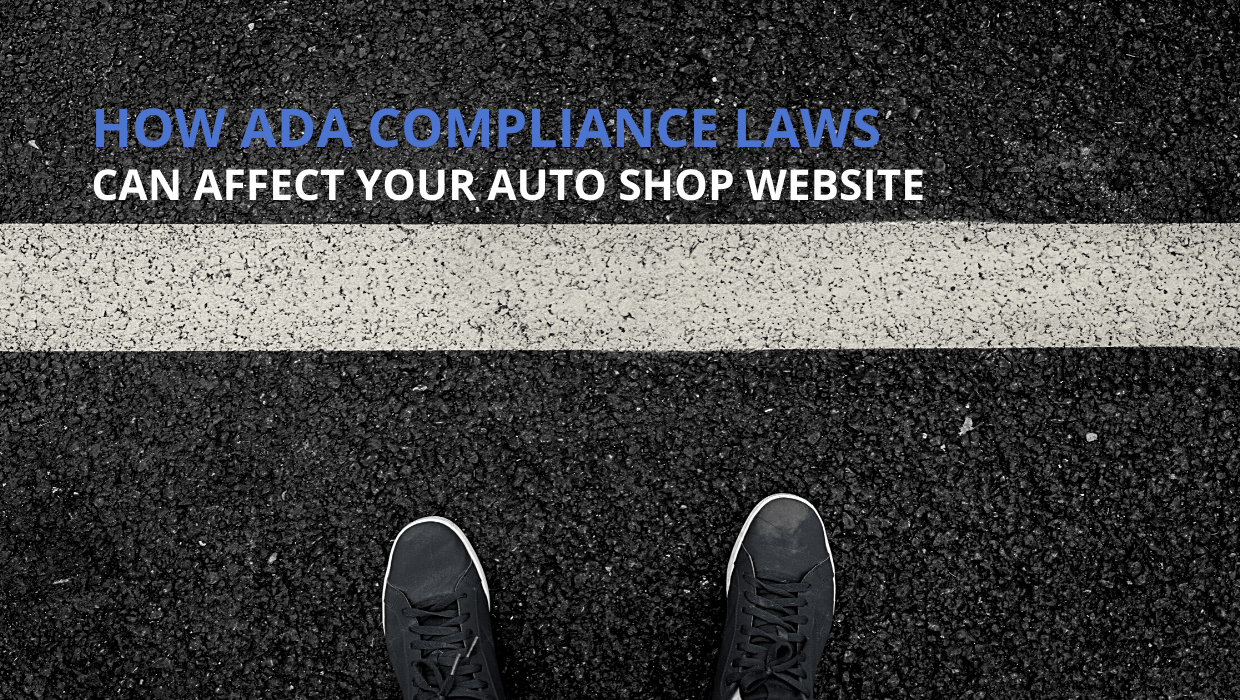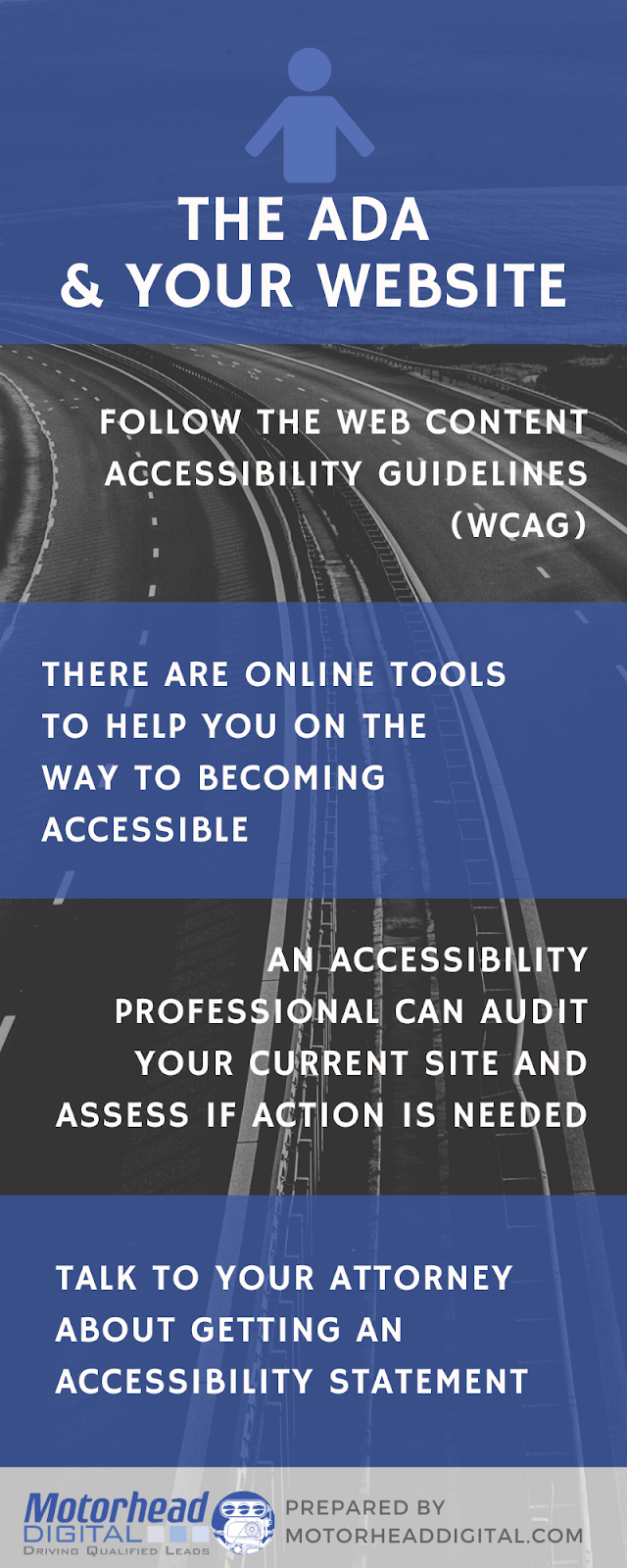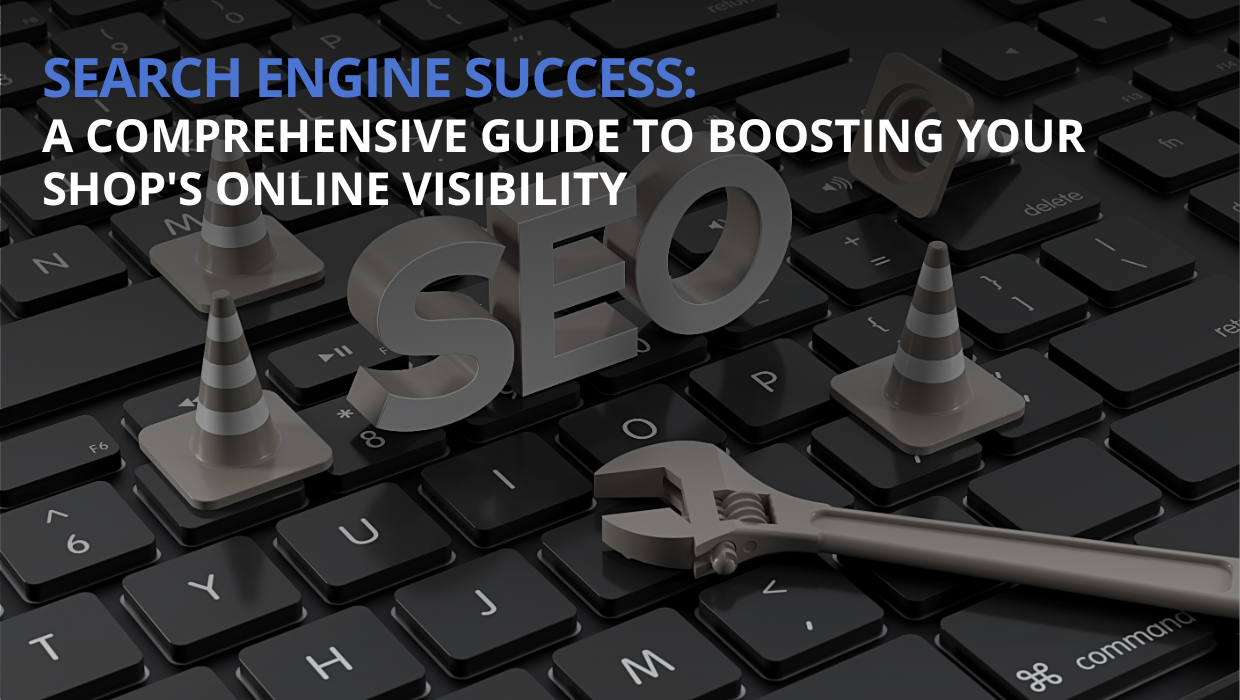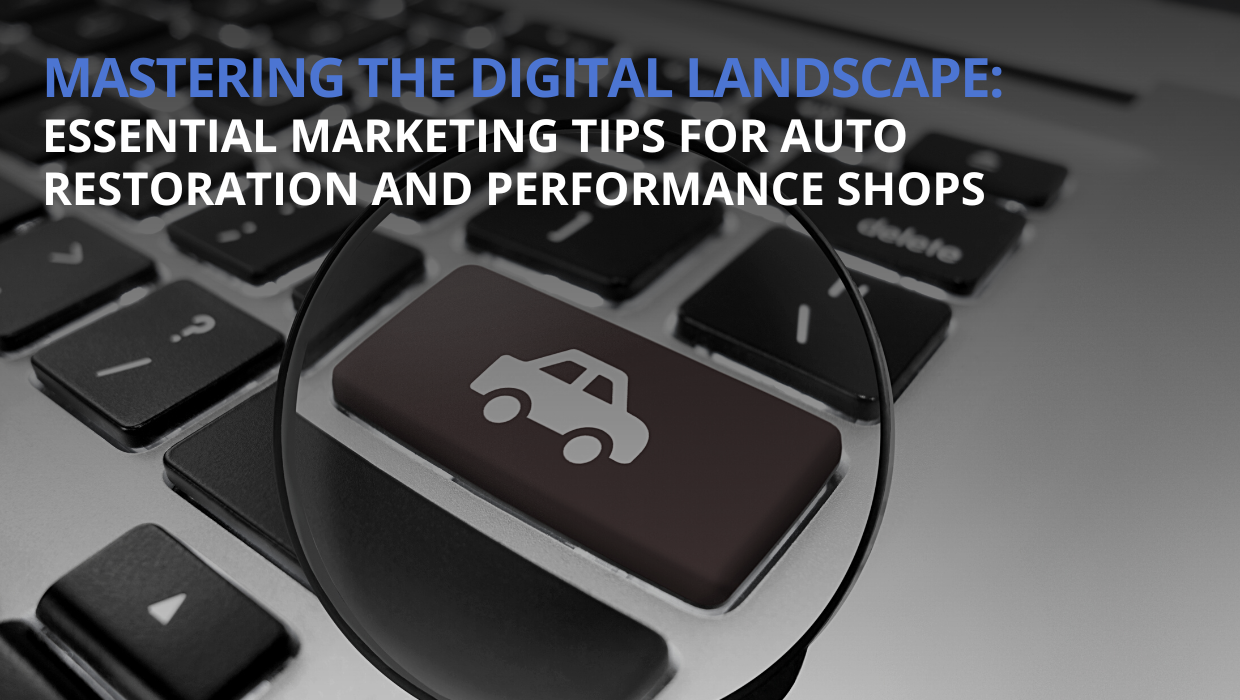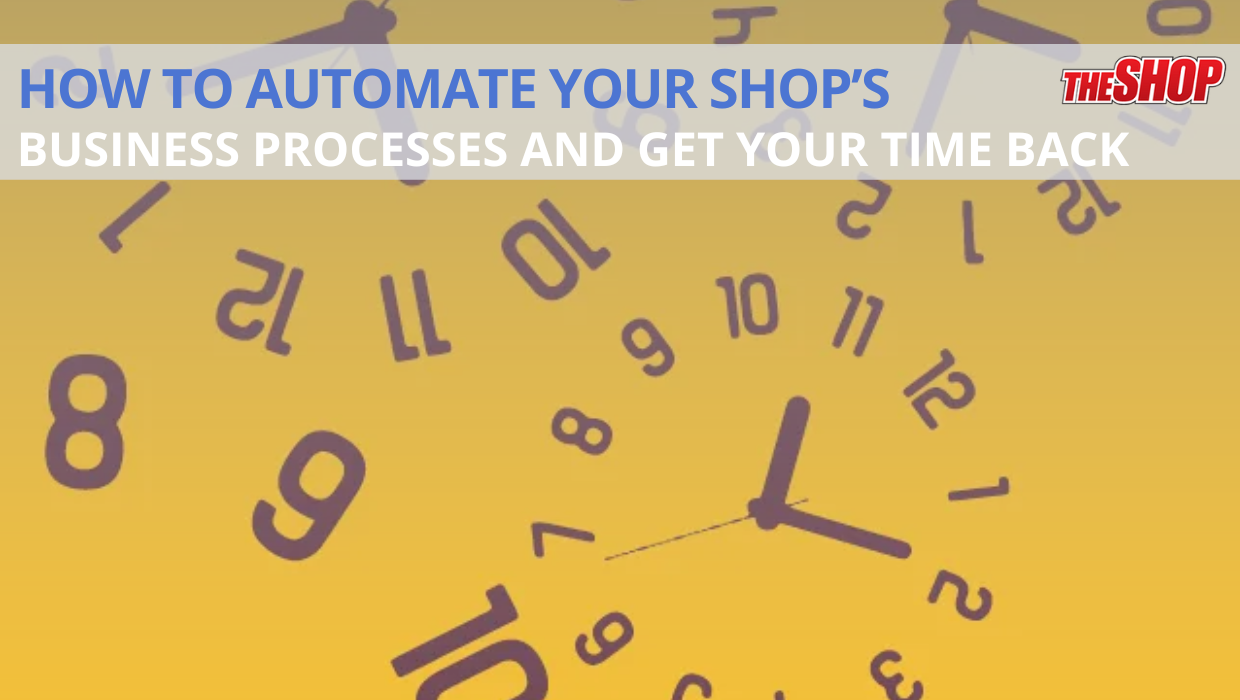If you have a website, you can be sued for not being accessible.
No, we’re not being alarmist.
With news that Domino’s pizza recently got sued due to falling foul of accessibility laws,
everyone with a website is at risk of being sued.
Being accessible isn’t just for physical stores anymore and if your website doesn’t cater to everybody’s needs then you could be at risk of a lawsuit.
We know that this may sound a bit crazy but trust us when we say that you could be sued if your website isn’t up to browsing standards fit for all users.
A new law was recently passed as part of the Americans with Disability Act (ADA), which states that everybody should have equal rights to access online information and services.
This law isn’t restricted to large businesses either. Whether you’re a small start-up or a one-man store, if your website doesn’t work to this law’s standards, you could be sued just as easily as any of those big brands out there.
Some of the companies that have been sued already include: Target, Weight Watchers, Home Depot, Bank Of America and so many more. Some smaller businesses have even been put out of business because their websites didn’t reach the accessibility standards.
In 2018 alone there were 2,285 lawsuits filed under the ADA and this number will only grow unless businesses start making their websites accessible for all.
Being accessible is no longer optional, if you don’t update to be user friendly, you can now face the consequences of a lawsuit.
With this law now being enforced so strictly, you probably have questions about it. So we’re here to answer the most common questions about the ADA for you.
What Is The ADA?
The Americans with Disabilities Act (ADA) was signed into law by George W. Bush on July 26, 1990. It’s a law that prohibits discrimination against people with disabilities.
The law originally didn’t cover anything about websites as it was written in 1990. It does, however, prohibit any company from raising barriers in communication that could restrict access for some people. In 2019, it’s now being used against companies whose websites are not accessible to all.
How Does ADA Affect Websites?
How Do People With Disabilities Use Websites?
If you wear glasses or use contact lenses to read then you are using what is called assistive technology. Assistive technology is created in order to help those with any sort of disability access the web as easily as somebody without a disability.
Some of the most popular assistive technologies are glasses - helping people with visual impairments - as well as screen readers for those who have low vision or legal blindness and can’t see their device’s screen.
For people who have impaired hearing, closed captioning of any audio on your website must be provided.
There are some users who have a physical disability and may not be able to use a keyboard or a mouse and instead use equipment like head pointers, devices that track eye movement and software that turns text into speech. It’s often the case that people who have dyslexia or other learning disabilities will also use text to speech software to assist them in reading webpages.
In order to make sure that all the visitors to your site are able to use your website, you need to be able to work alongside these assistive technologies.
Pro Tip:
You should follow the Web Content Accessibility Guidelines (WCAG) to ensure that your website is fully accessible. Published in 2008 these guidelines showcase the criteria you should address in order to make your site accessible for people with disabilities.
What Parts Of A Website Should Be Accessible?
Simply put, you need to make sure that all of your website is accessible, including:
- Videos
- Images (alt-text)
- Blogs
- Buttons
- Links
- PDFs
- Products that are for sale
- Downloadable documents
- Forms
- Any other content on your site
You can make sure your website is accessible by following the Web Content Accessibility Guidelines. If you don’t have the time to do it yourself then it might be a good idea to hire an accessibility professional to make sure your website is fully accessible.
This accessibility professional will audit your current site and see what needs to be done to make it fully accessible for all of your customers.
Pro Tip: After all, the changes have been made and your website is ready to go you will need to get an accessibility statement. These statements need to be clearly visible on your website and will help you avoid any lawsuits. They need to be done by a lawyer in order to show their validation.
The Cost Of Not Having An Accessible Site
It may be a bit time consuming to make sure your site is accessible, or it might cost you to hire somebody to fix your site for you - but it’s going to cost you a lot more time and money if you don’t get it done.
If every one in five of your customers is a person with a disability and your site doesn’t work with their assistive technology then you’re losing 20% of your customers.
If they decide to file a lawsuit against your company then your company could go bust or lose a lot of revenue. The maximum penalty for violating this law would be a fine of $75,000 for your first violation and if you are a repeat offender it's $150,000.
Pro tip:
A good start towards making your website accessible is to talk to your attorney about getting an accessibility statement on your site. ADA is a specialty, so your attorney may refer you to a specialist.
Find an ADA Compliance expert to help
Make your website accessible today and don’t let your company become another ADA lawsuit.
There are a variety of online tools to help you on the way to becoming accessible, a couple that we use regularly include:
- The
Web Accessibility Testing browser add-on by axe.
This Google Chrome add-on is a fast, lightweight accessibility testing tool that returns zero false positives. It tests for accessibility issues that can be accurately detected via automation, and it only tests for components that actually exist on the page or application you’re testing. It’s also free!
- Automated website scans from
Monsido. Monsido gives you the tools you need to improve your website, quickly and easily. Their intuitive platform helps you find, fix and follow common website issues. With a super user friendly layout, Monsido enables you to effortlessly maintain web accessibility standards, quality assurance, brand guidelines and much more. The only drawback is the price: Monsido is around $5,050 a year.
- For the full list of guidelines, visit the
w3 website.
If this all sounds a bit overwhelming,
Motorhead Digital is here to help you out - we have solutions to get your website ADA compliant and can also help you to understand the rules of ADA compliance better.
About The Author
With over 26 years of experience, BARRY ALT combines his passion for most anything automotive with his ability to strategize in the digital world at Motorhead Digital, a full-service digital agency just for automotive professionals. Reach him at (585) 766-9785 or
balt@motorheaddigital.com and see how he can help you become ADA compliant.
As seen on
The Shop Magazine

